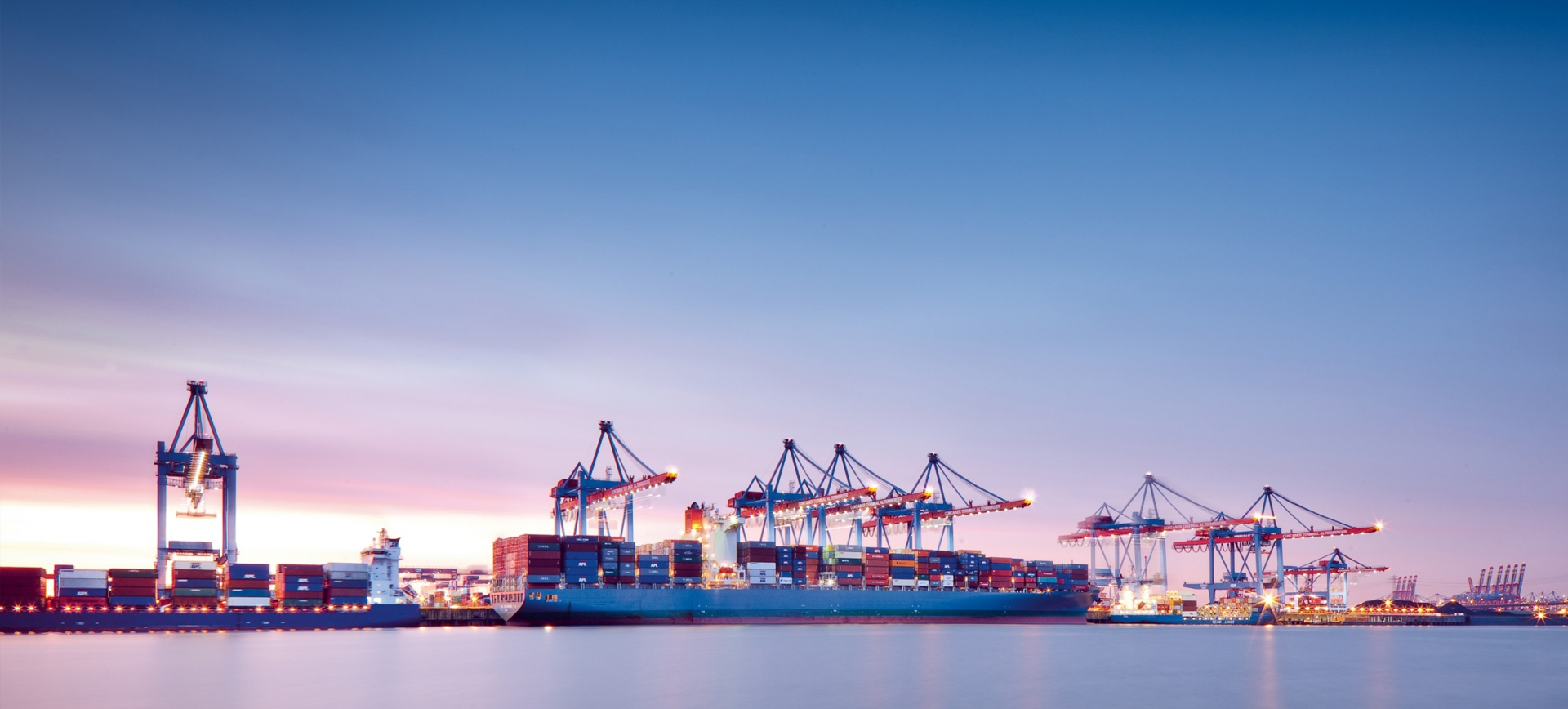The EU is reportedly examining potential adjustments to its methane emissions regulations to facilitate compliance for US liquefied natural gas (LNG) exports.
This move aims to prevent a trade dispute with the administration of US President Donald Trump and is part of broader trade negotiations that include energy as a key component, reported Reuters, citing sources.
The European Commission is crafting its trade negotiation proposal with the US to circumvent Trump’s proposed tariffs.
Both parties have indicated that energy could be integral to a comprehensive trade agreement.
Trump has repeatedly urged the EU to increase its purchases of US oil and gas to reduce its trade surplus with the US.
European Commission President Ursula von der Leyen has stated that the EU could boost US LNG imports as part of its strategy to cease reliance on Russian gas by 2027.
To support trade discussions, the Commission is considering applying flexibilities within the EU methane rules that may advantage US LNG exporters.
The objective is to maintain the integrity of the law while potentially allowing US exporters to meet “equivalent” methane standards, thereby complying with EU regulations, the report said.
However, the specifics of how this equivalence could be achieved remain undisclosed.
Trump’s intention to eliminate US regulations that mandate gas producers to disclose methane emissions complicates the EU’s justification for allowing US companies to automatically comply.
A European Commission spokesperson declined to comment on the potential adjustments to the methane law but confirmed ongoing dialogues with the industry regarding EU legislation, the report said.
Methane, a potent greenhouse gas, is the second-largest contributor to climate change after CO₂ emissions.
Starting this year, the EU requires oil and gas importers to monitor and report methane emissions linked to their imports.
The EU’s methane law could offer a competitive edge to US LNG over suppliers with higher methane emissions, such as Russia and Algeria.
However, US exporters have expressed concerns about their ability to technically comply with the law due to the fragmented nature of the US gas industry, which hinders tracking of methane emissions across value chains.
From 2027, the EU will mandate foreign suppliers to comply with methane regulations equivalent to the union and to sign new contracts with European buyers.
Last month, the European Commission conducted an online meeting with US LNG companies to address their concerns about the legislation.
The US is currently the EU’s largest LNG supplier, providing 45% of the EU’s LNG imports last year, equating to 16.5% of the EU’s total gas and LNG imports, as Europe seeks alternatives to Russian gas following the 2022 invasion of Ukraine.






